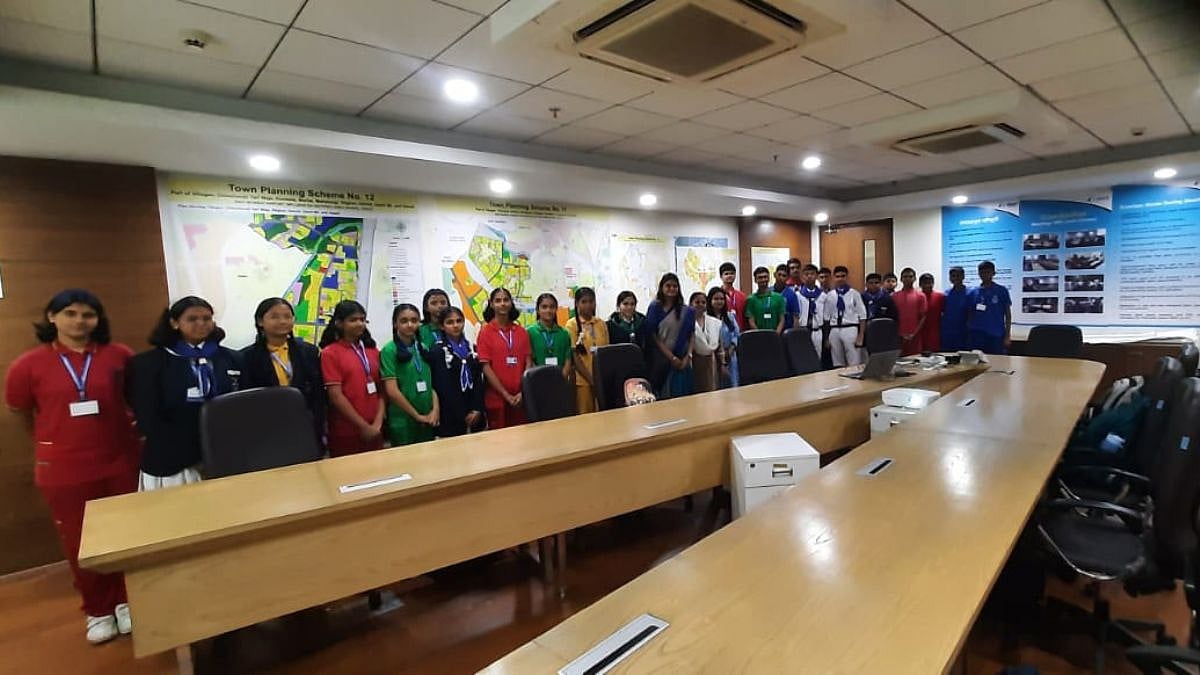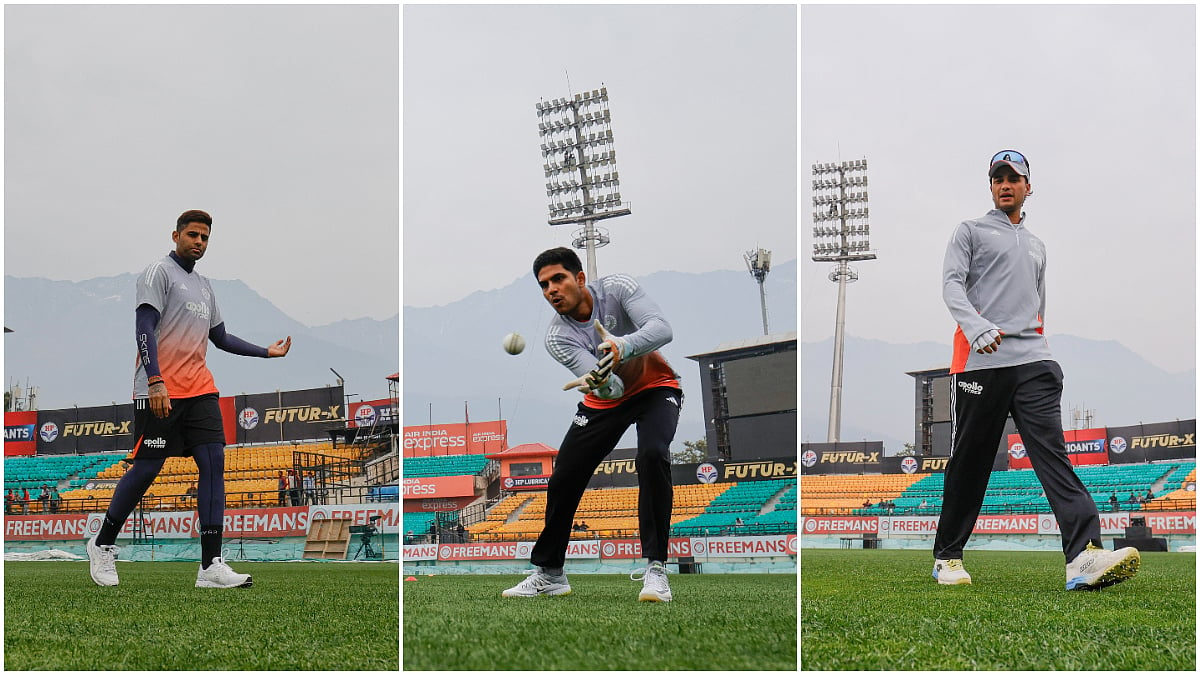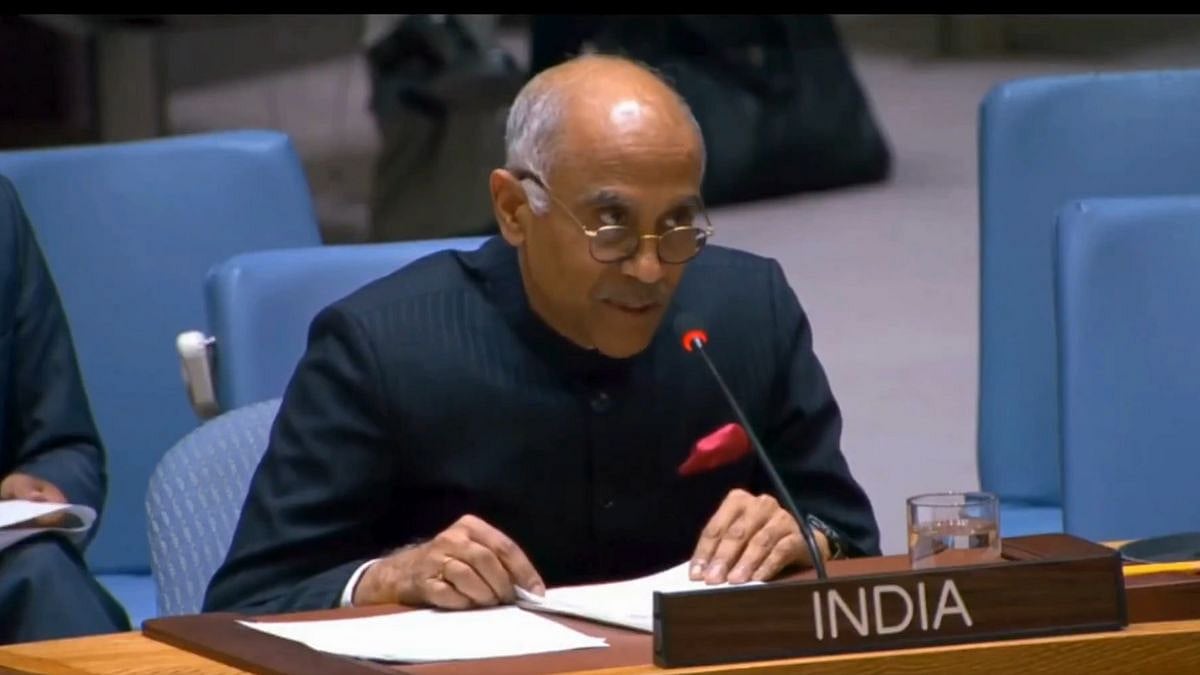Freedom of the press and judicial independence are chimerical concepts created by the human mind which exist in moth-eaten form. Judicial independence is guaranteed by the Constitution but press freedom is not mentioned in Article 19 (1) (a) although some of our founding fathers insisted it should be explicitly declared. As a result, several decisions of the Supreme Court in the 1950s and 1960s had to enunciate that press freedom was a species of free speech.
That the Indian media never enjoyed absolute freedom has emerged after the Supreme Court granted interim bail to Pawan Khera, the chairman of the media and publicity department of the All India Congress Committee who was arrested by the Assam Police on February 25 for his alleged hate speech. But politicians right from Jawaharlal Nehru to Amit Shah tell us we do when the converse is true.
Unlike India, the US Constitution ensures the media in that country has no shackles so that public figures cannot file defamation suits against vituperative media houses unless they can prove their journalists maliciously published false statements against public figures such as senators, knowing the statements were false.
The US Supreme Court devised the “absolute malice test” in 1966 in what came to be known as the New York Times versus Sullivan case. The underlying reasoning was that one could not suppress public debate on vital national issues just because some public figures were defamed. Even after 57 years, it is impossible to verify every bit of sensitive information which journalists collect.
In India, the converse of the “absolute malice test” is true. We have to study the case of the Chief Election Commissioner (CEC) versus MR Vijayabhaskar in 2021 which proves that constitutional authorities like the CEC try to block the people from knowing about their failings. After Madras High Court Chief Justice Sanjib Banerjee orally remarked that the Election Commission should be tried for murder because it permitted campaigning during the Covid-19 pandemic, the CEC asked the Supreme Court to declare that the media should publish only signed judgments but not the oral remarks of judges.
A Supreme Court bench comprising Justices DY Chandrachud and Mukesh Rasikbhai Shah iterated that freedom of the press was the hallmark of any democracy. Hence, seeking to thwart the media from reporting oral remarks of judges would stifle press freedom. The audacity of the CEC to seek a ban on the media reporting oral remarks of the judges is laughable.
Judges have the right to ask awkward questions and make obdurate remarks during hearings which are skills these judges use to ascertain the truth. The media must be free to publish the judges’ uncomfortable questions and the lawyers’ suave replies so the readers can draw their own conclusions. This is why judicial independence and press freedom supplement and complement each other.
The present government has cracked down on information leaks, which is why it is nearly impossible for journos to enter the two-room house of the Hathras rape victim in UP. Visitors are identified by name and address, frisked and their mobile phones confiscated so their conversations with the brothers of the brutalized girl will not be recorded. Two brothers are jobless after the horrific rape and cremation of the innocent girl at Hathras in U.P.
Three of those who allegedly brutalised the girl were acquitted by the trial court but the state’s appeal is pending in the high court. Whether the father of the rape victim will obtain justice or not remains to be seen.
Hate speech as covered under sections 153-A, 153-B and 295, apart from other laws, is a virulent species of defamation because it demonizes a segment of the people by attacking their religion, caste, race, language or place of birth which the penal law and the Constitution prohibits. Whichever political party comes to power, the ploy of hate speech is used to jail those who oppose the ruling regime while allowing their own MPs and MLAs unbridled freedom to spout venom against the minorities.
The precursor to section 153 of the Indian Penal Code, which penalizes any bid to incite hatred among communities, predates the Constitution because it was enacted in 1898. The bitter truth is that some Britishers were murdered in the name of religion which is why the offence of class hatred formed part of the English law of sedition but was not included in the old Indian penal law.
Sedition, as we have experienced, is a draconian offence which is misused by those in power to jail those who have been ousted from power. And journalists who flay the ruling party are treated like criminals. For hating a head of state should not be a criminal offence in a democracy unless steps are taken to assassinate him or her.
In pre-independence India, the Punjab high court acquitted the Hindu publisher who was charged with publishing disparaging remarks about the private life of the Prophet of Islam in the Rangila Rasool case, attracting a charge under Section 153-A. But the latest trend is the courts have distinguished between an attack on a community and an attack on the deceased leader of a community.
This has been adroitly brought out by a Supreme Court advocate, Gautam Bhatia in his tome: Offend, Shock or Disturb--Free Speech under the Indian Constitution. However, when a similar article was published again, another high court held that “a scurrilous and foul attack on a religious leader would prima facie attract section 153-A –although not every criticism of a religious leader would do so.”
What emerges here is that law and justice are not mathematically precise. Saurabh Kirpal, the renowned senior advocate whose elevation to the Delhi high court has been blocked by the government on the specious ground that his publicized relationship with his Swiss lover, an employee of the Swiss embassy, is a security risk, puts it aptly: If you place the same facts before two different benches, you will get two different verdicts.
Which is why some of our journalists have been charged with sedition which has yet to be struck down by the Supreme Court. And Pawan Khera, like Vinod Dua and Siddique Kappan are all waiting for the verdict to be pronounced.
Olav Albuquerque holds a PhD in law and is a senior journalist and advocate at the Bombay High Court











